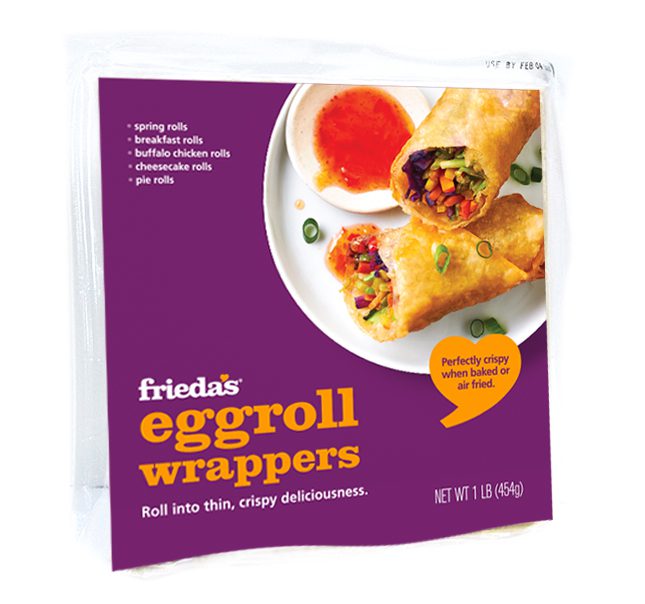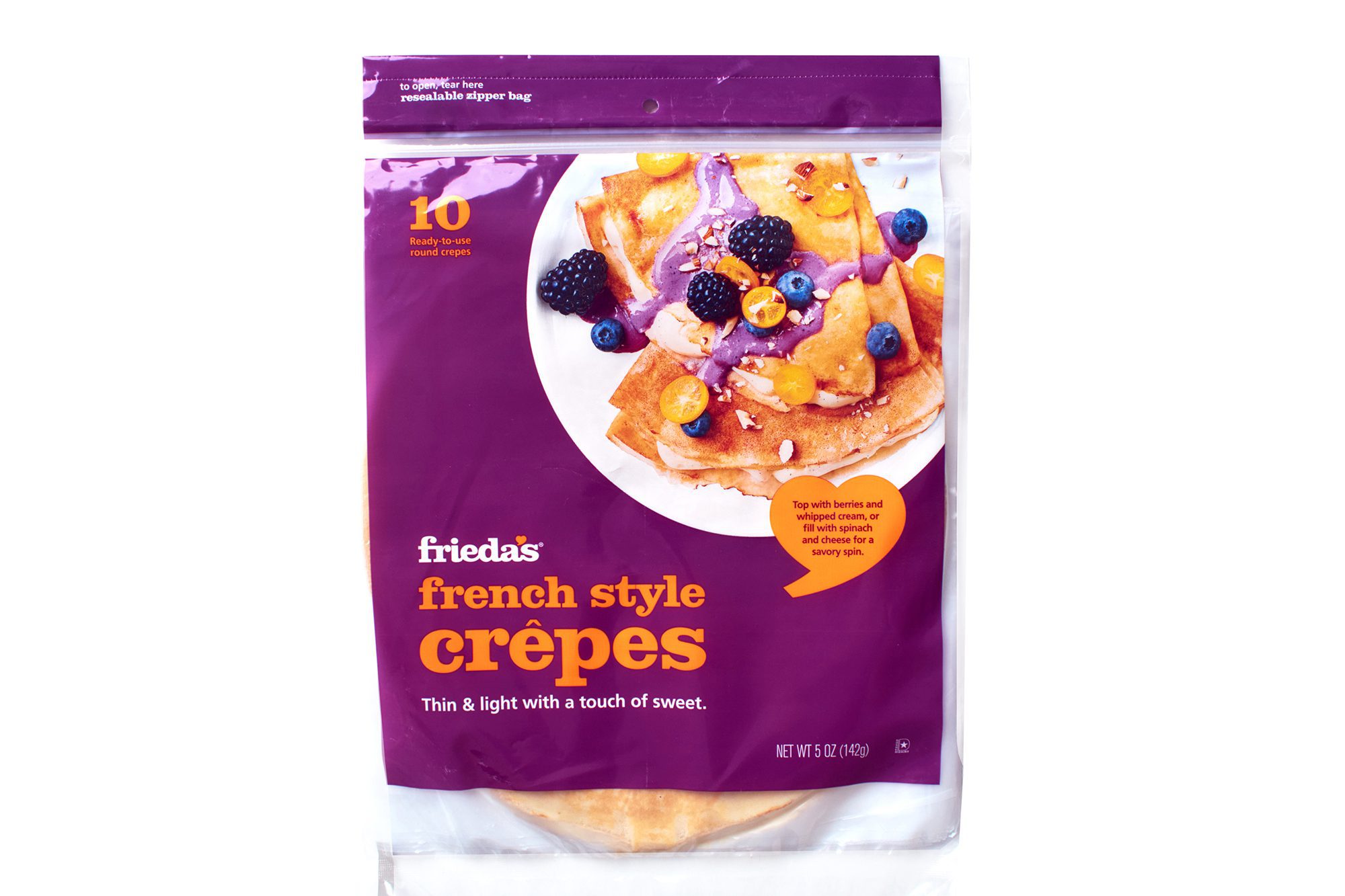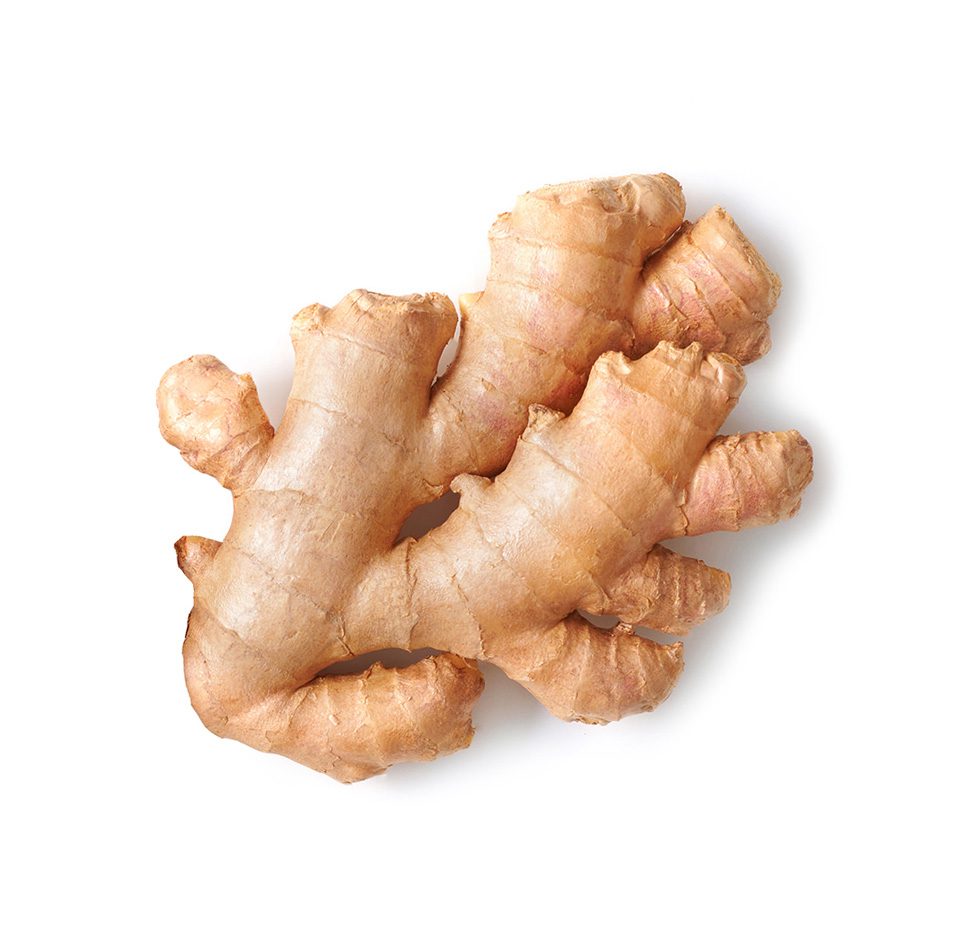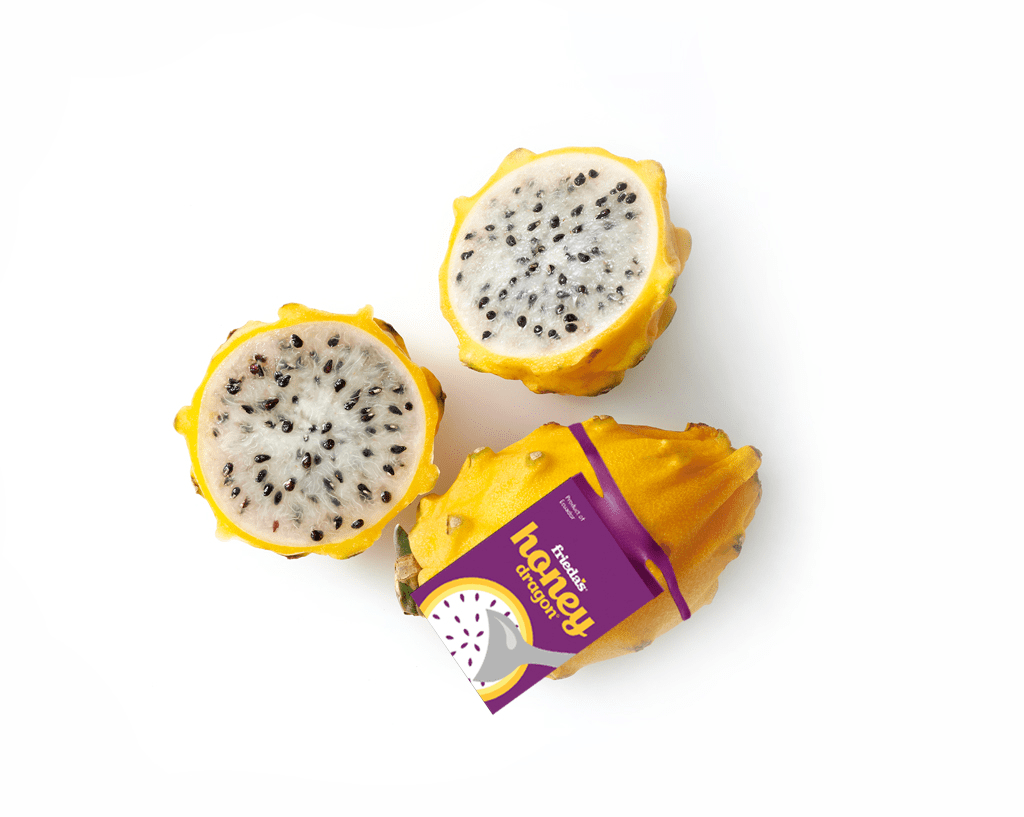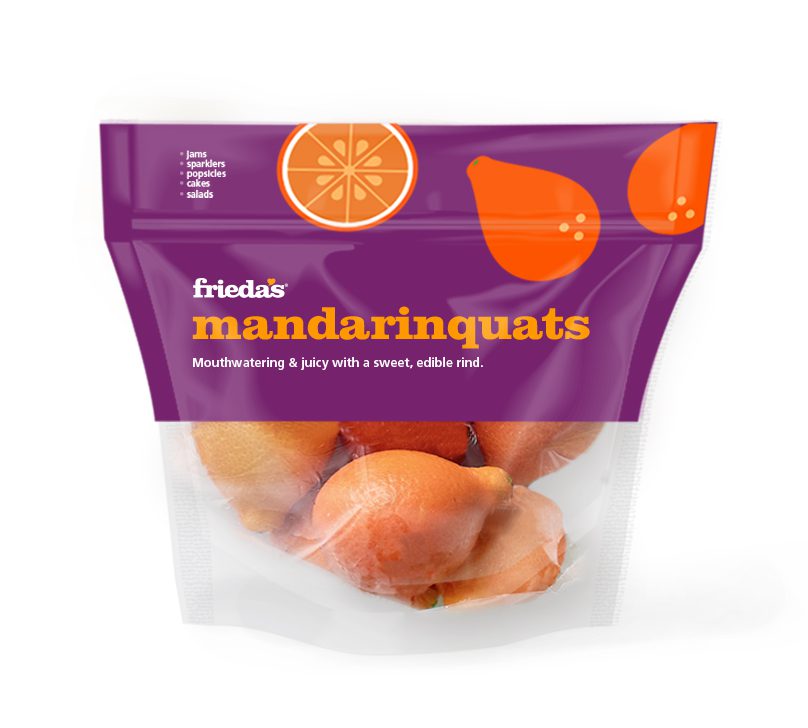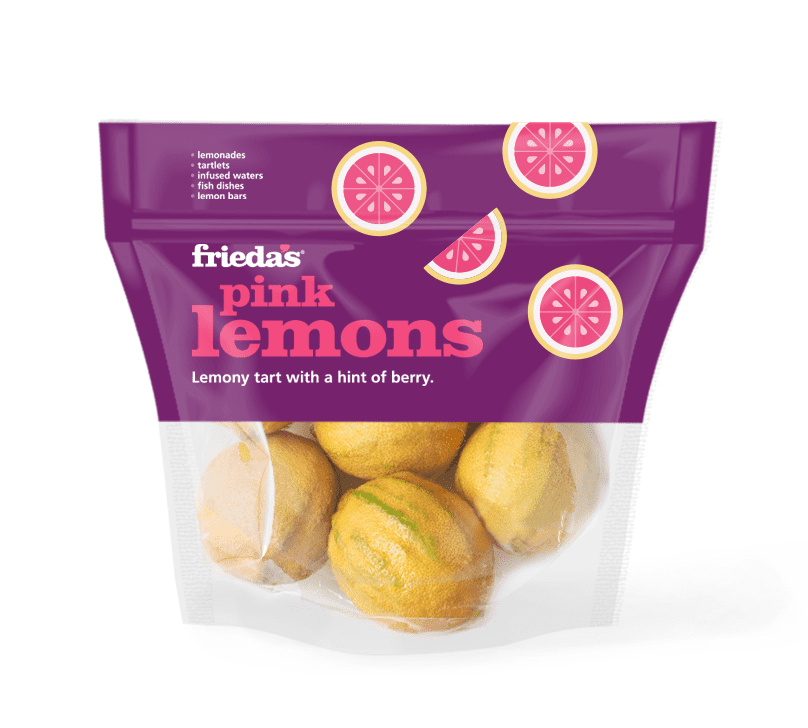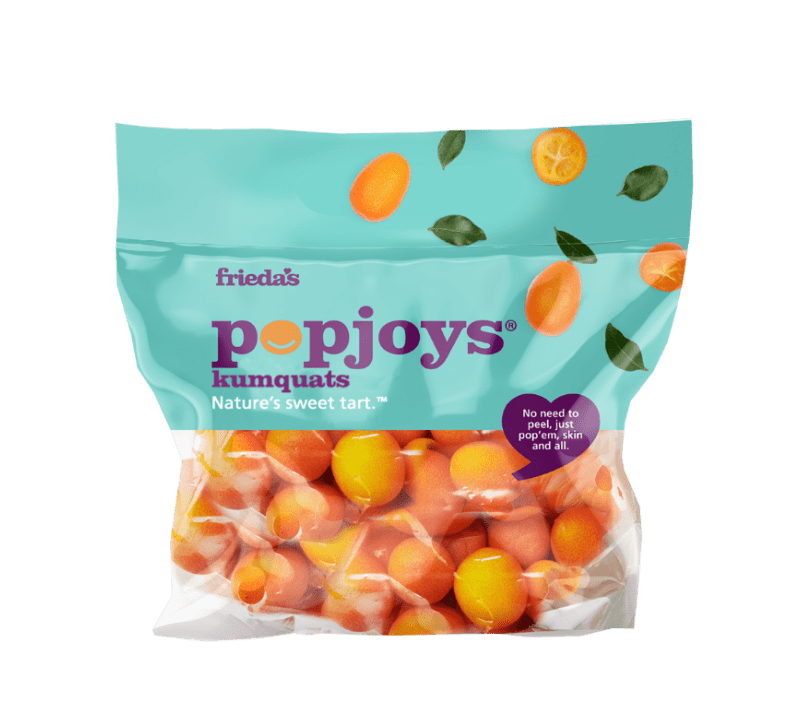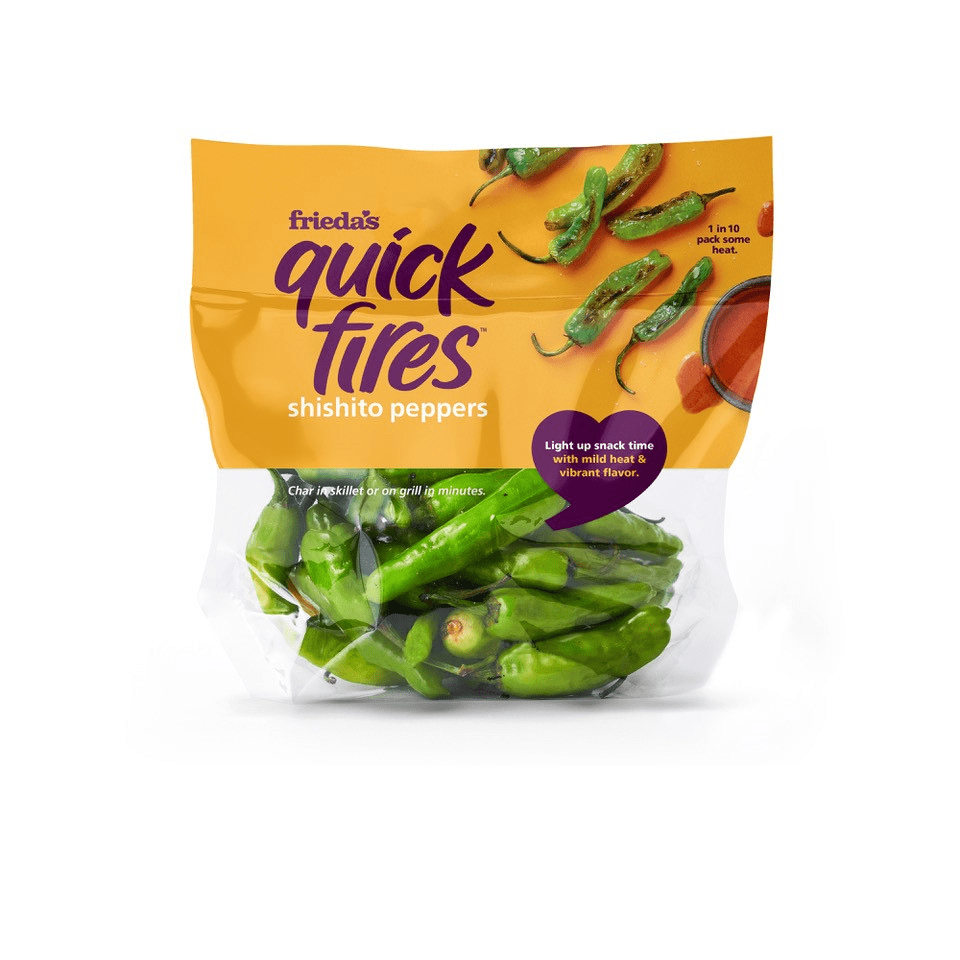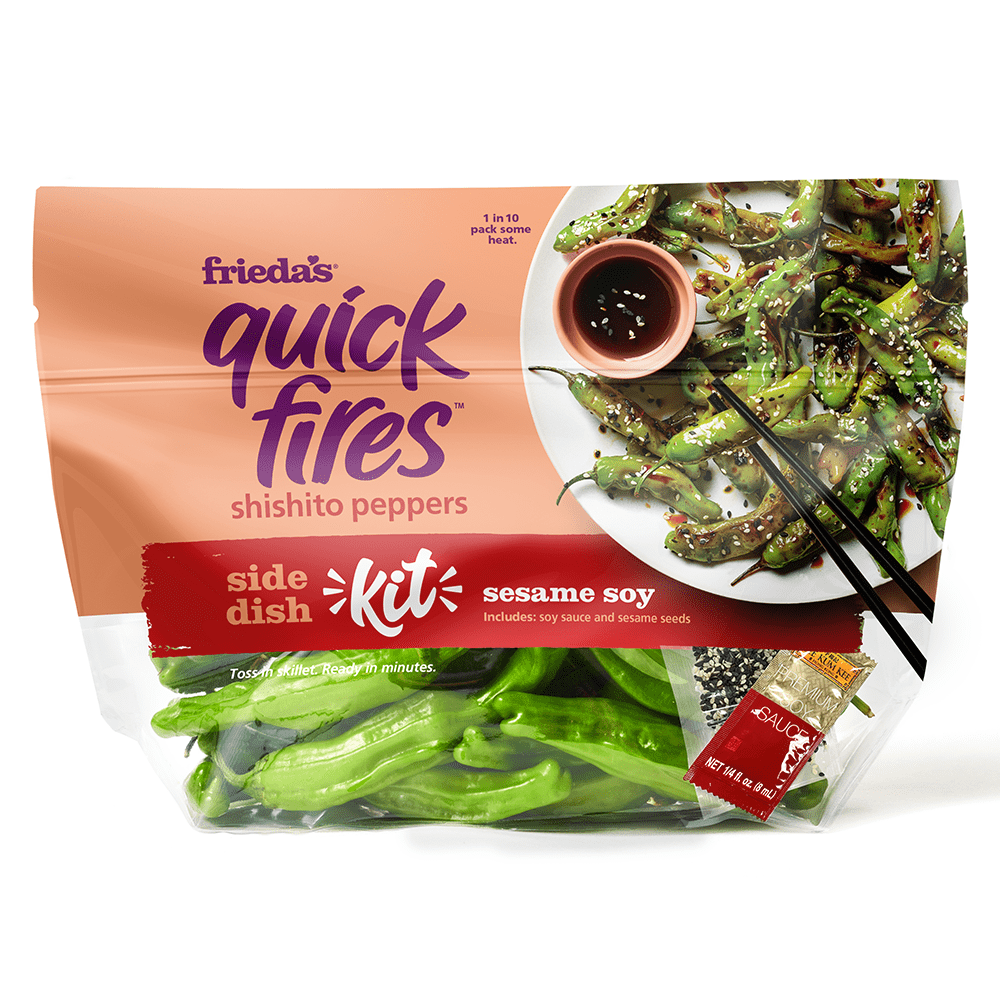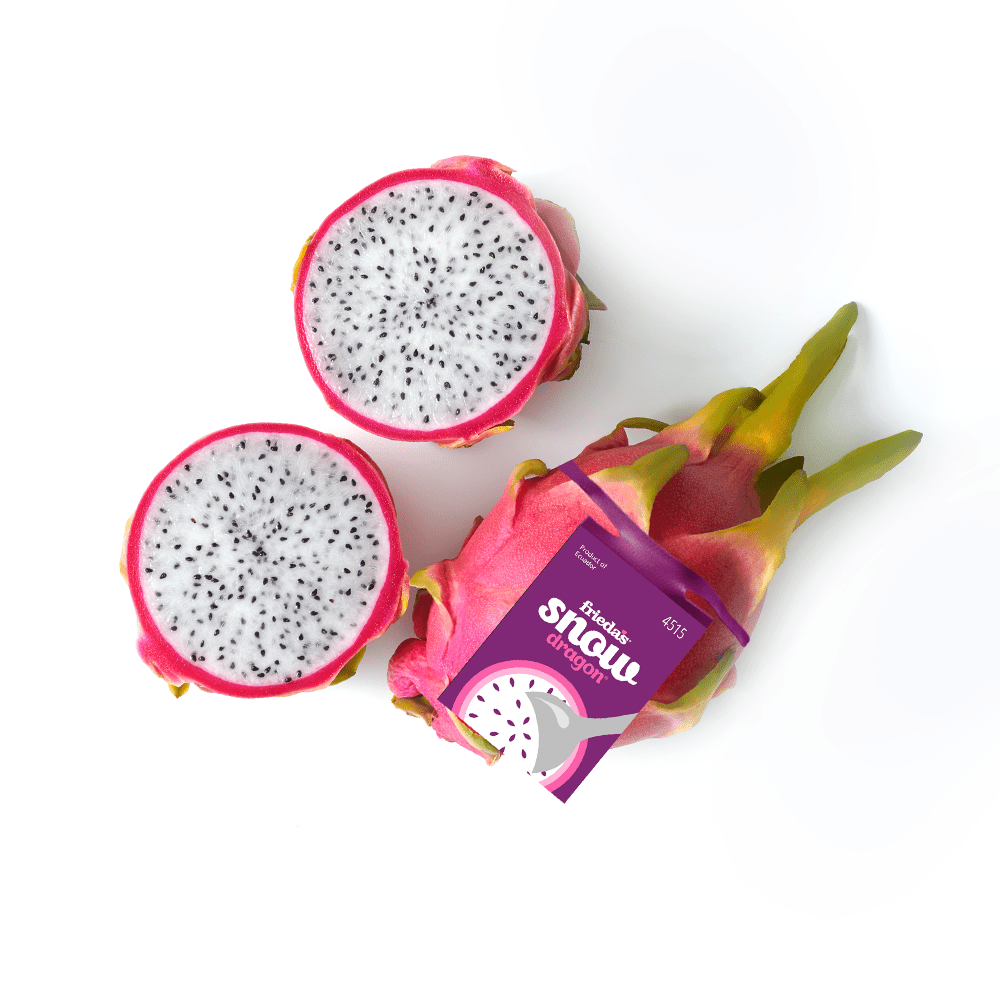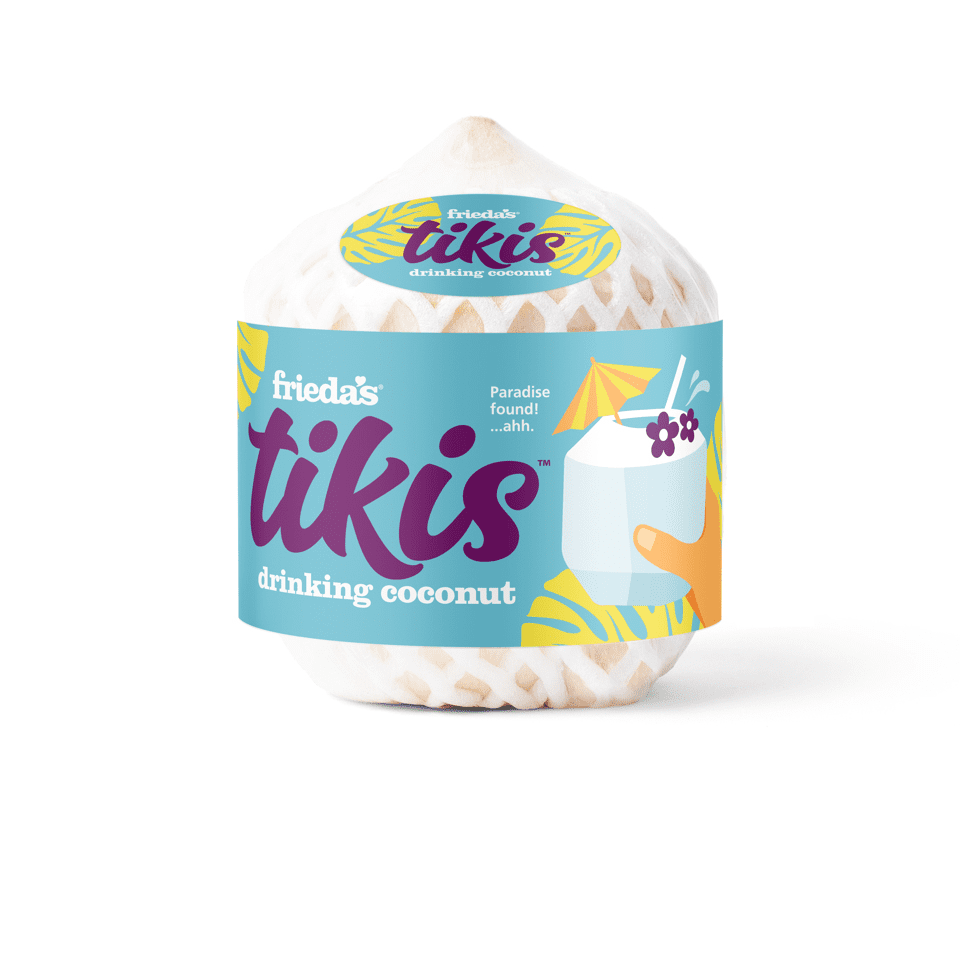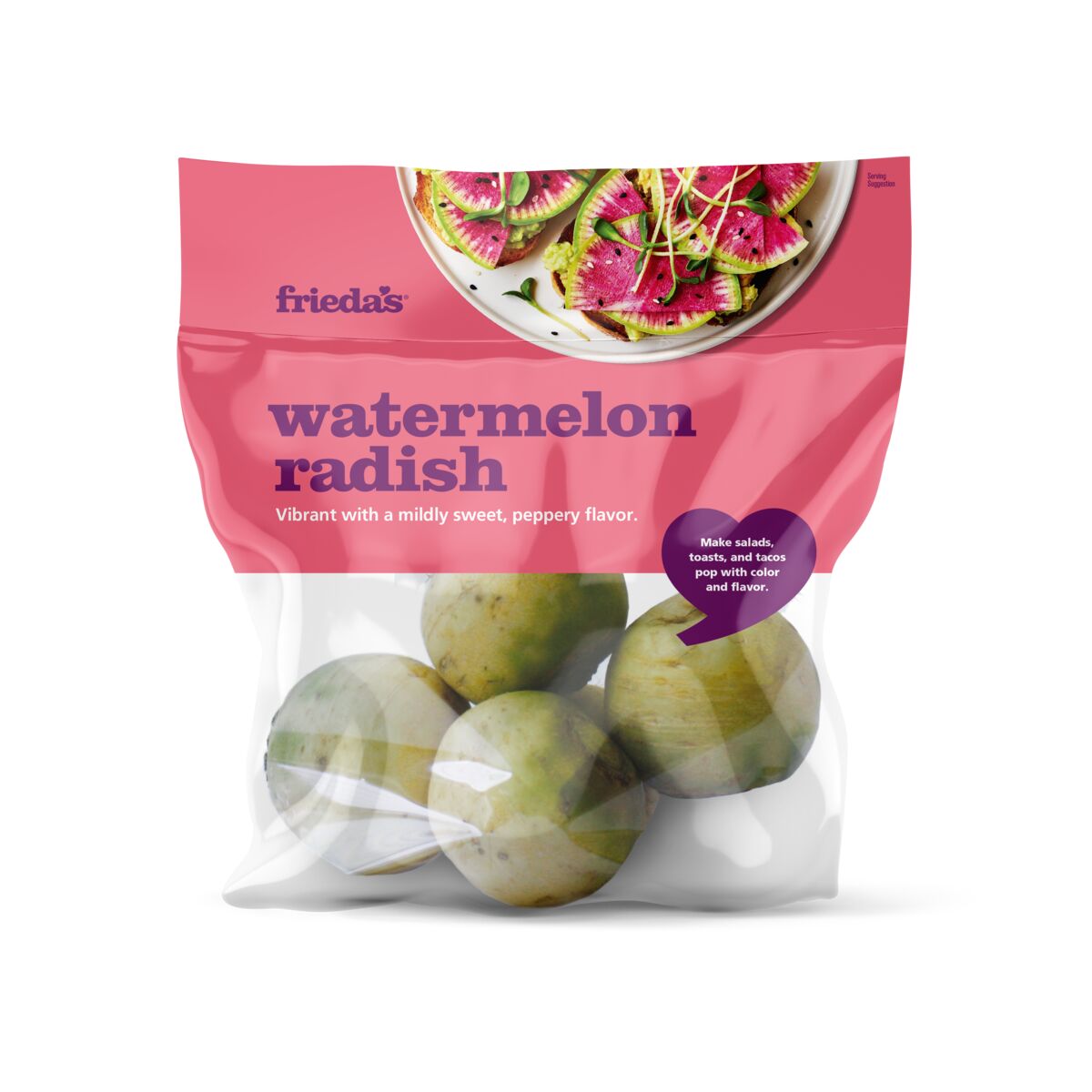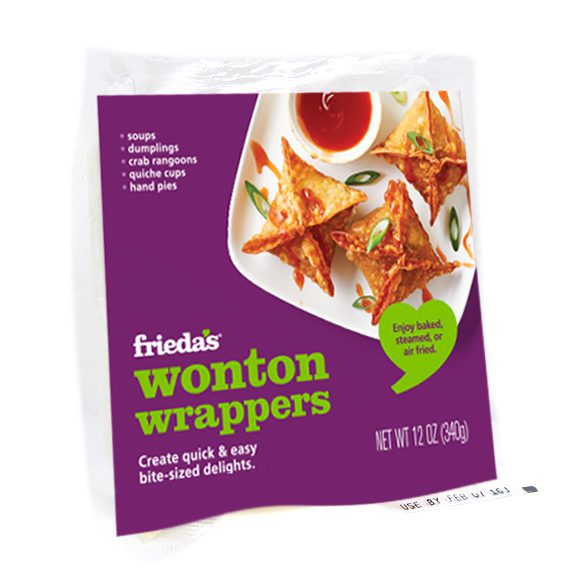My good friend, Tonya Antle, is now an adjunct professor at Cal Poly and teaches their Agriculture Marketing Class in the spring semester. In true “learn by doing” philosophy, each week she has a member of the produce industry guest lecture and talk about their segment of the supply chain. This week, they learned about Frieda’s, specialty produce, and a bit about the wholesale distribution segment.
Like many colleges, the make-up of the student body has changed in the past few years. Last year, when I spoke to a class of 20 fourth-year students, it was mostly male. This year, there was a dramatic change: 17 out of the 20 students were female. So, I had the opportunity to personalize my presentation more than usual, and I was able to share what it was like to experience the produce industry as one of the first female company owners (after my mother, Frieda).
Interestingly, Tonya shared with the class the way she and I met. She had just graduated from college in Southern California (in the late 1970s) and since her dad was a grape grower in Delano, she wanted to get some experience in the produce industry. She came to the Los Angeles wholesale produce market and had a few interviews. Most of the interviews went the same, with the same reaction. “Why would a nice girl like you want to work at the produce market? Women don’t work here.”
Then she came to Frieda’s. When I met her, I was immediately struck by her passion, her enthusiasm, and that she came from a farming family. I hired her on the spot. Thus was born a lifelong friendship and a symbiotic relationship. We have worked together many times, although she only spent a year at Frieda’s.
Tonya started her class with roll call. Each student had been asked to describe their favorite fruit or vegetable without saying the name, pretending that they were selling it to a buyer on the telephone, like she and I did more than 30 years ago.
When I finally got up to make my presentation, I couldn’t help but share with them the fruit that I called my favorite for so many years. The fruit that I did my college marketing thesis on at U.C. Davis: The Cherimoya.
Cherimoya is a subtropical fruit, which means it grows in a warm climate. Fortunately for me, it grows in two parts of Southern California: San Diego and Santa Barbara, and is in season from January through May.
The beautiful green bumpy skin gives no clue about the delicate, creamy internal texture. When they soften (like a peach or avocado), their creamy white flesh is like a pear/peach texture. Although the big brown seeds can be annoying to remove (they are not for eating), it’s totally worth it. Like Mark Twain described, Cherimoyas are “deliciousness itself.”
When I have traveled to Chile during Cherimoya season (it is contra-seasonal, so they are available from Chile July through September), I discovered a simple and fantastic way to eat them. Slice large Cherimoyas cross-wise on a large plate and squeeze fresh orange juice (right from the orange) on top. They call this dessert “Cherimoya Allegra” (Happy Cherimoya). Check out a quick video we made on Cherimoyas here.
In case you’re wondering why Cherimoyas are so expensive when you find them at the store, it’s because each fruit is hand-pollinated with a paint brush (it does not rely on bees or the wind like most fruits).
So, at the end of my personal story about Cherimoyas, and my 90-minute presentation on Frieda’s, I shared with them some helpful hints to do well on their “final exam.” Instead of a traditional final test, the students will take all that they have learned about produce marketing, and conduct a mini-trade show on the last day of the class. In teams of 3 or 4, the students will have a booth, and will be promoting a product or service. The “customers” at this trade show will be the their professors.
It was so refreshing to interact with these students. The class was supposed to end at 2 p.m., but they still had questions. The entire class stayed until 2:15 as I answered their questions about marketing, new product development, career development, etc. If this group of twenty-somethings is any indication of the quality of students getting ready to enter the workforce, I think we will all be in excellent hands! They appear to be hard working, determined and smart. Four of the students come from produce families.
Too bad none of them currently grow Cherimoyas.
Karen
P.S. If you attended a college or university, I highly recommend offering to guest lecture at your alma mater or a nearby school. It’s important that we give back and sometimes you’ll find that YOU get inspired as well.


